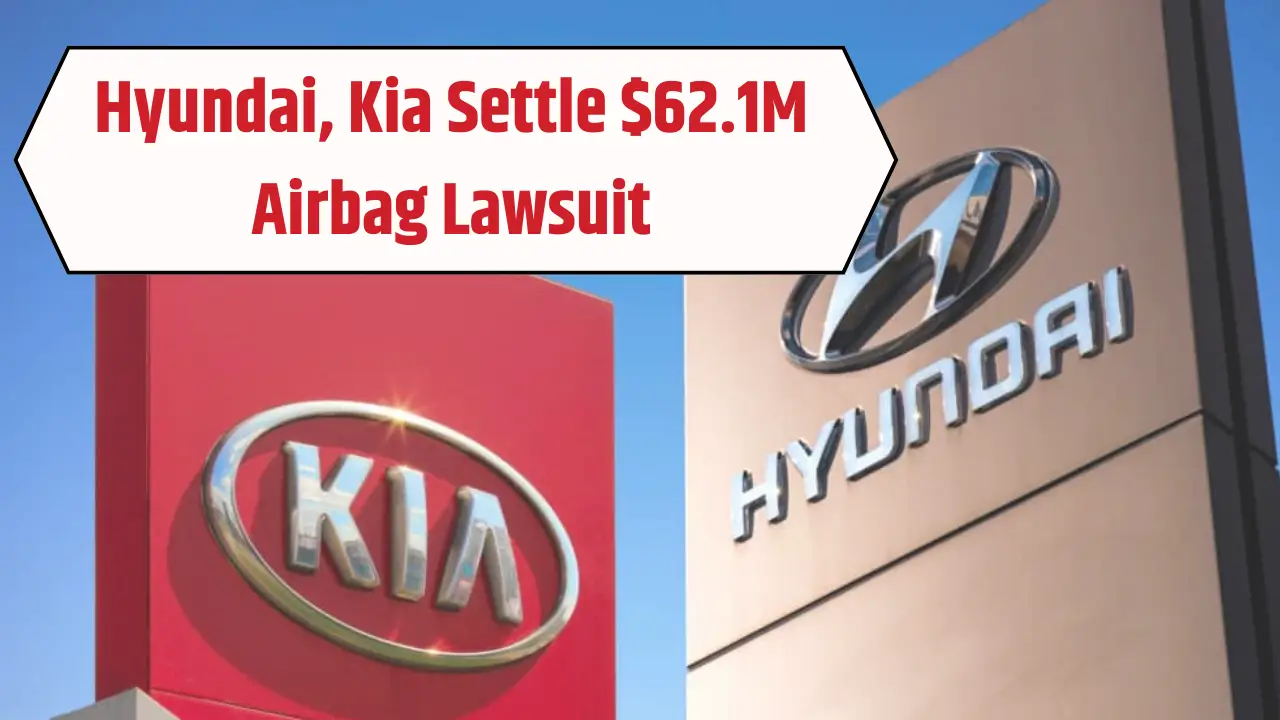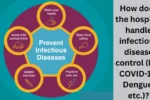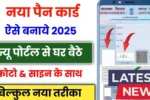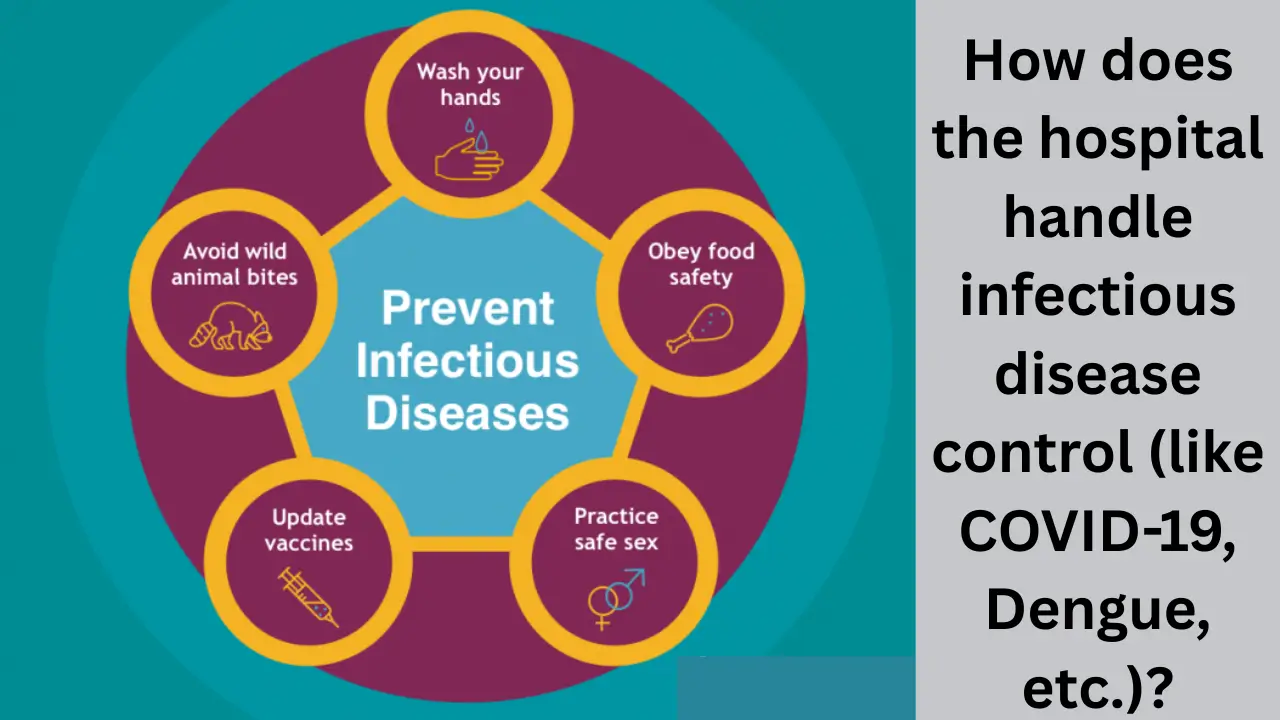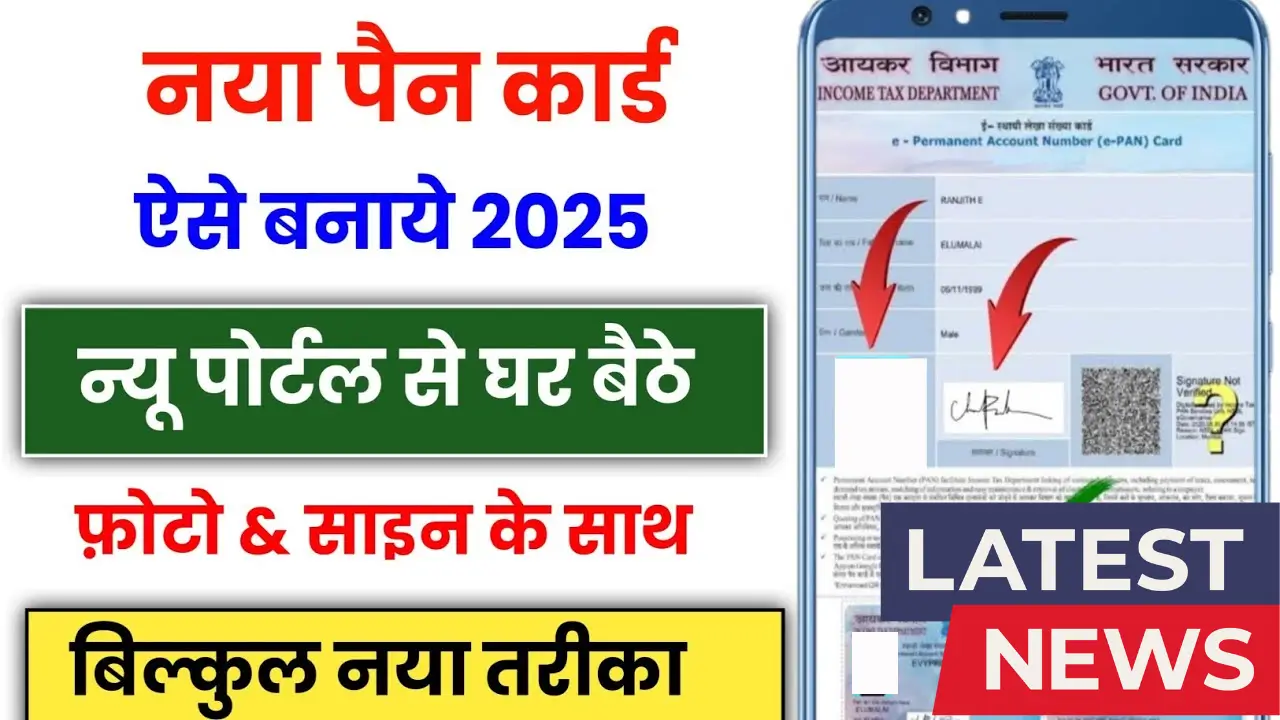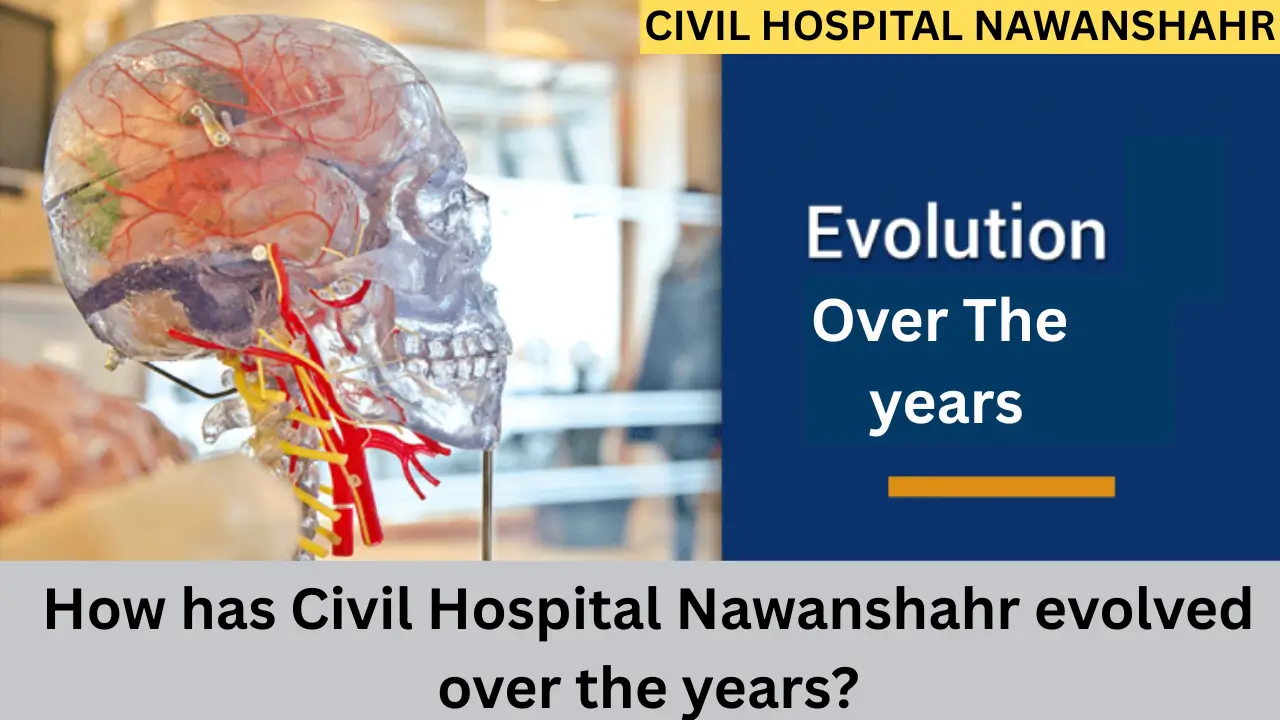Hyundai Motor Company and Kia Corporation have agreed to pay $62.1 million as part of a settlement related to defective airbags in several of their vehicles.
The lawsuit alleged that airbags in certain models failed to deploy during collisions, placing millions of drivers and passengers at heightened risk.
With the settlement now finalised, impacted vehicle owners in the United States stand to benefit from compensation, free repairs, and extended warranties.
The case also highlights the growing scrutiny over auto safety standards and the responsibilities of automakers in protecting their customers.
Background of the Hyundai and Kia Airbag Lawsuit
The core of the lawsuit revolved around claims that Hyundai and Kia equipped vehicles with airbags that might fail during crashes due to electronic control unit (ECU) malfunctions.
These ECUs, crucial for signal detection and airbag deployment, were reported to freeze or fail under certain crash conditions.
The issue echoed previous auto industry controversies, including the Takata airbag crisis, which became one of the largest safety recalls in history. While Hyundai and Kia’s case did not involve exploding airbags, the allegation of non-deployment in life-threatening events amplified consumer safety concerns.
The National Highway Traffic Safety Administration (NHTSA) opened investigations after multiple accident reports suggested airbags failed to activate in crashes impacting Hyundai and Kia models between 2011 and 2019.
Following years of legal proceedings and negotiations, the two automakers agreed to the $62.1 million settlement without admitting wrongdoing but committed to corrective measures.
What the Settlement Means for Vehicle Owners
Under the terms of the $62.1 million agreement, Hyundai and Kia must provide direct financial compensation as well as safety remedies to affected vehicle owners.
For most consumers, the settlement represents an opportunity to claim repair reimbursement, extended coverage, and in some cases, cash compensation tied to reduced vehicle value.
Key Features of the Settlement
- Cash Payouts: Vehicle owners who experienced airbag non-deployment in crashes may qualify for compensation covering medical and repair expenses.
- Repair Reimbursements: Reimbursement for costs already incurred by owners to repair affected airbag ECUs.
- Extended Warranty: Hyundai and Kia will extend the warranty for airbag control units, adding long-term coverage for repairs and replacements.
- Free Inspections & Repairs: Eligible customers can bring their vehicles to authorised dealerships for free diagnostic tests and ECU repairs or replacements.
List of Affected Vehicles
The lawsuit covered certain Hyundai and Kia models manufactured between 2011 and 2019. While not every model during this period is impacted, below is a summary of vehicles included under the litigation claim:
| Brand | Models Affected | Model Years |
| Hyundai | Sonata, Elantra, Santa Fe, Accent | 2011 – 2019 |
| Kia | Optima, Soul, Rio, Sorento, Forte | 2012 – 2019 |
Owners of these vehicles are requested to confirm their eligibility through VIN checks provided by Hyundai and Kia customer service departments.
How to File a Claim
Vehicle owners impacted by the defective airbags can submit claims under the settlement process. The procedure is straightforward but requires documentation for smoother approval.
Claim Process Steps
- Verify eligibility by contacting Hyundai/Kia customer hotline or approved websites.
- Submit claim form by the stated deadline with verified VIN number.
- Attach supporting documents such as repair invoices, medical bills (if applicable), or proof of out-of-pocket expenses already paid.
- Choose preferred settlement option (cash payout, repair reimbursement, or warranty extension).
- Await settlement administrator’s approval and payment arrangement.
Claims must be filed before the deadline (projected December 2025), and payments will be disbursed by mid-2026 after verification.
Hyundai and Kia’s Next Steps
Both automakers have pledged to increase accountability by implementing additional safety protocols. These include enhanced supplier oversight, more rigorous electronic testing, and faster recall procedures.
The companies have also committed to expanding cooperation with regulators like the NHTSA to ensure future safety issues are identified and addressed more rapidly. This shift aims not only to rebuild consumer trust but also to align Hyundai and Kia with stricter global safety standards.
Potential Impact on Consumers and the Auto Industry
The $62.1 million settlement underlines the importance of corporate responsibility in the auto sector. For consumers, the direct benefits include safer vehicles, extended warranties, and in some cases, financial compensation.
Broader Industry Implications
- Stronger Oversight: Automakers may face stricter safety audits to avoid similar settlements.
- Higher Consumer Confidence: Successful settlement payouts could encourage more consumers to demand accountability.
- Regulatory Reform: Policymakers might push for tighter legislation on electronic component checks in vehicles.
- Precedent for Lawsuits: The case sets a precedent where consumers can seek significant damages from automakers for ECU malfunctions and non-deployment failures.
Consumer Reactions to the Settlement
Many Hyundai and Kia customers expressed frustration that the issue persisted for years before being addressed. Some believe financial payouts cannot fully compensate for the risks experienced, particularly in accidents where airbags failed to deploy.
Others consider the agreement a positive step, viewing the extended warranties and free repair services as long-overdue recognition of customer rights. The settlement has also provided relief for owners worried about the resale value of their vehicles, as corrective measures may mitigate depreciation losses.
Long-Term Benefits for Vehicle Owners
In addition to immediate compensation, vehicle owners stand to benefit in the following ways:
- Increased long-term safety through corrected electronic systems.
- Protection against future expenses with extended warranties.
- Greater awareness of accountability rights in automotive defects.
This case encourages consumers to remain proactive about recalls, lawsuits, and settlement claims that directly affect both safety and financial well-being.
Frequently Asked Questions (FAQs)
1. Which Hyundai and Kia models are included in the airbag lawsuit settlement?
Models like the Hyundai Sonata, Elantra, Santa Fe, Accent, and Kia Optima, Rio, Soul, Sorento, and Forte from 2011–2019 are part of the settlement.
2. How much compensation can car owners expect?
Compensation varies, but customers may receive reimbursements for repair costs, extended warranties, or up to cash rewards depending on circumstances.
3. What is the deadline to file claims?
Owners must submit claims by December 2025 to be considered for payouts or warranty services.
4. Do current owners need to pay for repairs?
No. Hyundai and Kia must offer free repairs or replacements of defective ECUs for impacted vehicles.
5. Does this settlement resolve all issues related to airbags?
It addresses failures linked to non-deployment of airbags but does not cover unrelated airbag defects or future malfunctions outside the affected models.
